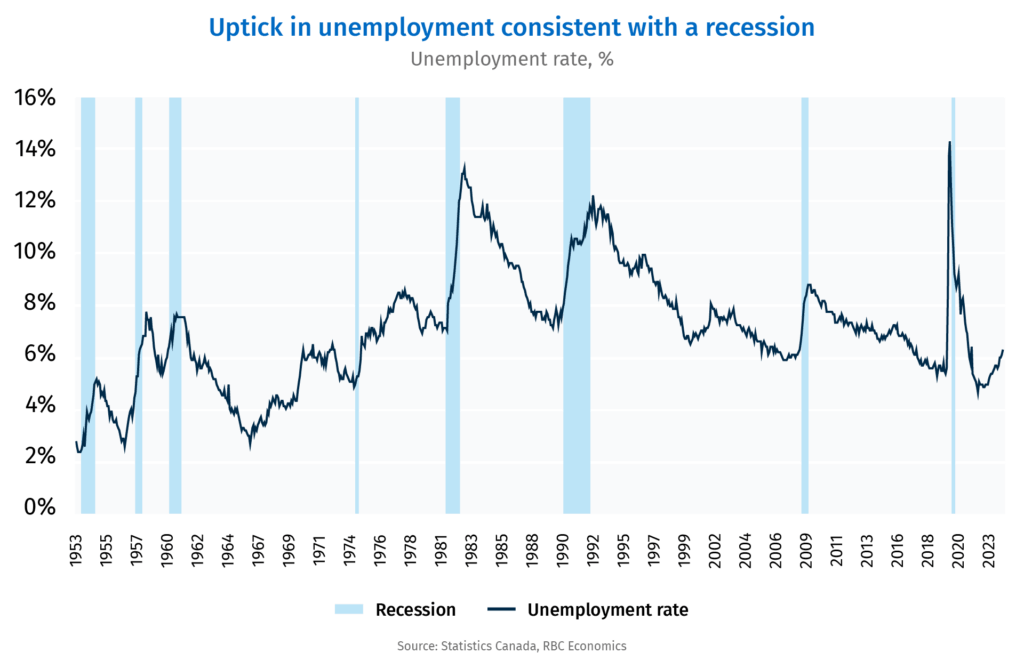
Introduction
The topic of recession is crucial for understanding the economic health of a nation. In recent months, Canada has been facing significant economic challenges that have led to discussions about a potential recession. This issue is of great relevance as it impacts everything from employment rates to consumer spending, ultimately affecting the daily lives of all Canadians. Analyzing the factors at play offers valuable insights into the potential trajectory of Canada’s economy.
Current Economic Indicators
As of October 2023, various economic indicators suggest that Canada is navigating through turbulent waters. The Bank of Canada reported a decrease in GDP growth, attributing this slowdown to declining consumer confidence and rising interest rates. The inflation rate remains elevated, contributing to increased costs for households and businesses alike. Unemployment rates have begun to tick upward, highlighting the strain on the job market. In August 2023, the unemployment rate rose to 6.0%, a jump from the previous month, prompting concerns over long-term employment stability.
Government Response
The Canadian government has initiated a series of measures aimed at mitigating the impact of these challenges. Recently introduced initiatives include tax relief programs for low-income households and funding for businesses struggling to maintain operations. In addition, there has been a push for investments in green technologies and infrastructure projects to stimulate job creation. Economic analysts suggest that while such measures may alleviate some immediate pressure, the long-term effectiveness will rely heavily on global economic conditions, particularly in key trading partners such as the United States.
Implications for the Future
Looking ahead, the implications of the recession are significant for Canadians. Citizens should prepare for potential changes in employment opportunities and housing markets, as increased interest rates may lead to higher mortgage costs. Moreover, sectors heavily reliant on consumer spending, such as retail and hospitality, may continue to face significant challenges. Experts predict that the government’s responsive measures will need to adapt rapidly as conditions evolve, emphasizing the importance of flexibility in economic policy.
Conclusion
The current state of the Canada recession highlights a complex interplay of economic factors that will demand attention from both policymakers and the public. As Canadians brace for potential economic hardship, understanding the underlying causes and possible solutions will be key. Stakeholders across industries are urged to remain vigilant and proactive to navigate the uncertainties that lie ahead. The ongoing economic fluctuations emphasize that now, more than ever, is a pivotal time for informed decision-making and community support.






